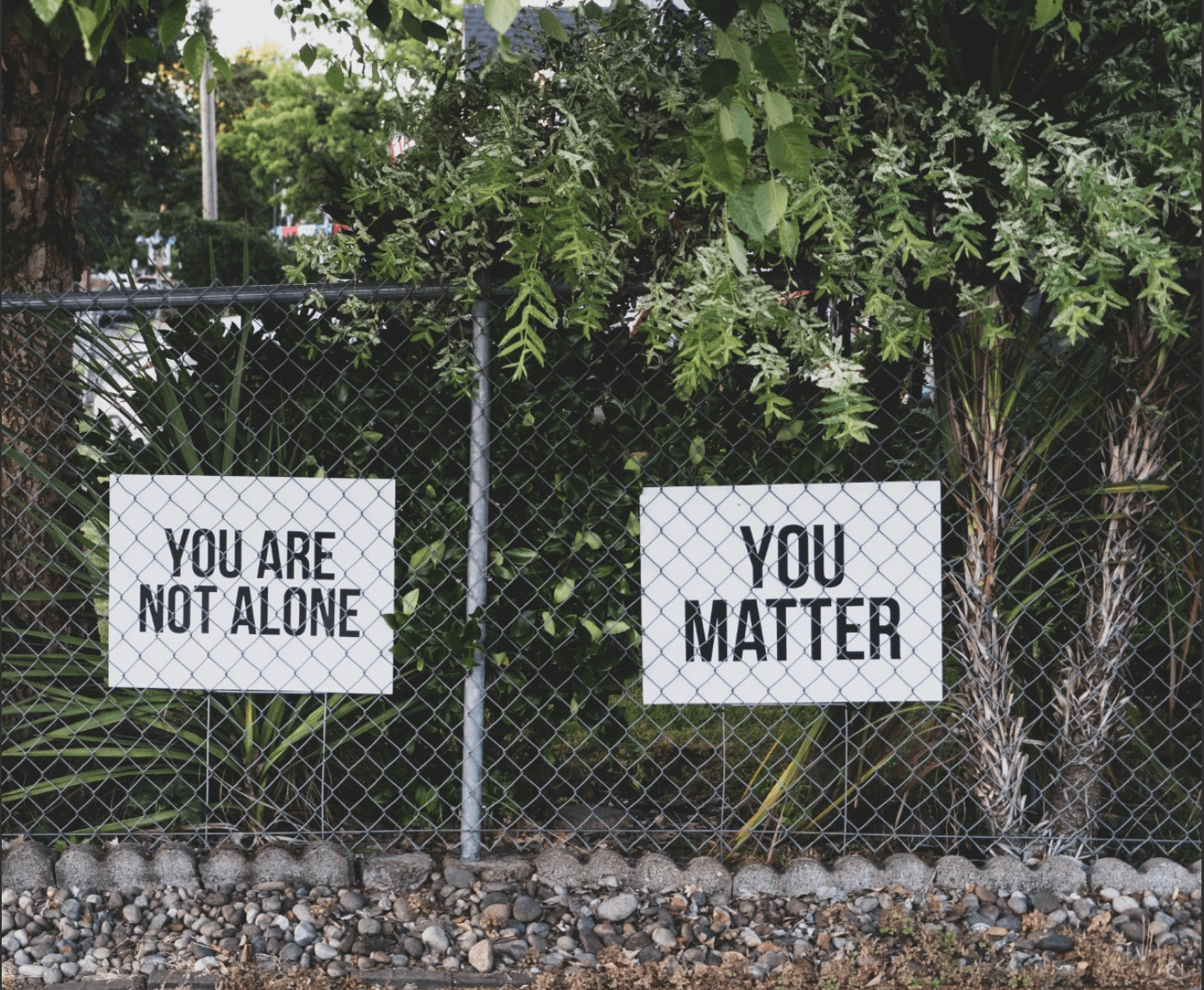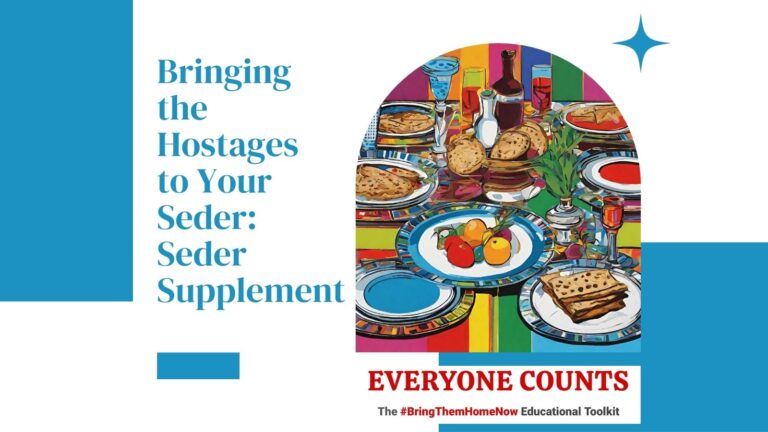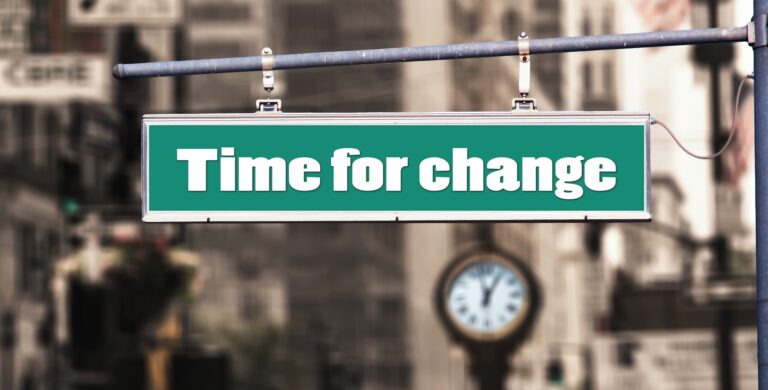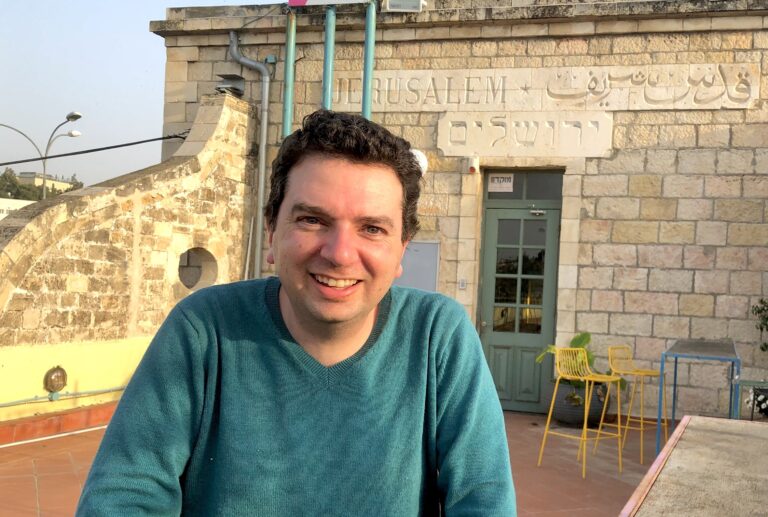Eating disorders have exploded since COVID, and they are now more prevalent than ever in Australia. They are the mental health condition most likely to lead to death and have a huge impact on the everyday life of those living with an eating disorder.
While we’re getting better about talking about mental health, there is stigma around hearing from those living with an eating disorder, and even more so from those caring for a loved one with an eating disorder.
Carers can be found in the wider circle around someone with an eating disorder – a parent, partner, grandparent, sibling or friend. Many won’t even consider themselves to be a carer, but they are dealing with the impacts of the eating disorder, particularly if they are a parent of a child under eighteen.
Families and friends can be involved with their loved one in many ways
- Getting them into hospital when they are acutely unwell
- Showing up to school and sitting with them to make sure they eat each meal
- Booking appointments and making sure they show up
- Paying the medical bills
The physical and emotional toll on carers can be enormous. Many are forced to take a leave from their jobs due to the round-the-clock nature of the role, spend time advocating for their loved one at school or in hospital, in addition to their other daily responsibilities.
The stress of caring is compounded by the loneliness that can accompany being a carer. Particularly in the Jewish community where there is enormous stigma around mental health, eating disorders are not openly discussed. Many friends and family members may be struggling with similar experiences, but without someone starting the conversation, each person continues to do it alone.
Even if a carer is willing to share their struggles, they may be hesitant as it can feel as though no one understands. The loneliness can be overwhelming.
 How can carers cope with these challenges?
How can carers cope with these challenges?
Families and carers can improve their own physical and emotional wellbeing by taking the time to look after themselves. ‘Carer burnout’ can creep up on us without realising it’s happening.
Carers can look after themselves by gaining support from those who ‘get it’ or share their experience with friends and family so they can help relieve the pressure in some way (pick up the siblings from school or drop off dinner). Even just taking the time to do something small can recharge the battery.
Why is this important?
It may seem selfish to take time off from caring to do something fun or relaxing, but the harsh reality is that eating disorder recovery can be a long process. Carers need to recharge every so often to be able to go the distance.
When carers look after themselves, they can more effectively look after their loved one and help them recover.
Families and carers are the ones who are solely responsible for ensuring their loved one eats when at home. By developing strategies for preparing food, ways to reduce the anxiety around food and mealtimes, and learning how to effectively communicate with their loved one, they can make a difference.
It is common for people with eating disorders to deny that they need help. They may lie about how much they are eating or hide food. Carers can provide insight into the thoughts and behaviours of their loved one, which can help the treatment team in deciding the best treatment option.
Carers are integral to the recovery process, and we need to look after them.
If you’re looking to gain support, join Eating Disorders Families Australia, where you can find details about upcoming online support groups and education webinars.
 Alex Kisilevich is part of the team at Eating Disorders Families Australia, a not-for-profit which runs online support groups and education events, as well as an online forum. Alex is looking to set up a support group for the Jewish community to cater to the community’s unique needs.
Alex Kisilevich is part of the team at Eating Disorders Families Australia, a not-for-profit which runs online support groups and education events, as well as an online forum. Alex is looking to set up a support group for the Jewish community to cater to the community’s unique needs.
Please reach out to Alex: alex.kisilevich@edfa.org.au directly.








